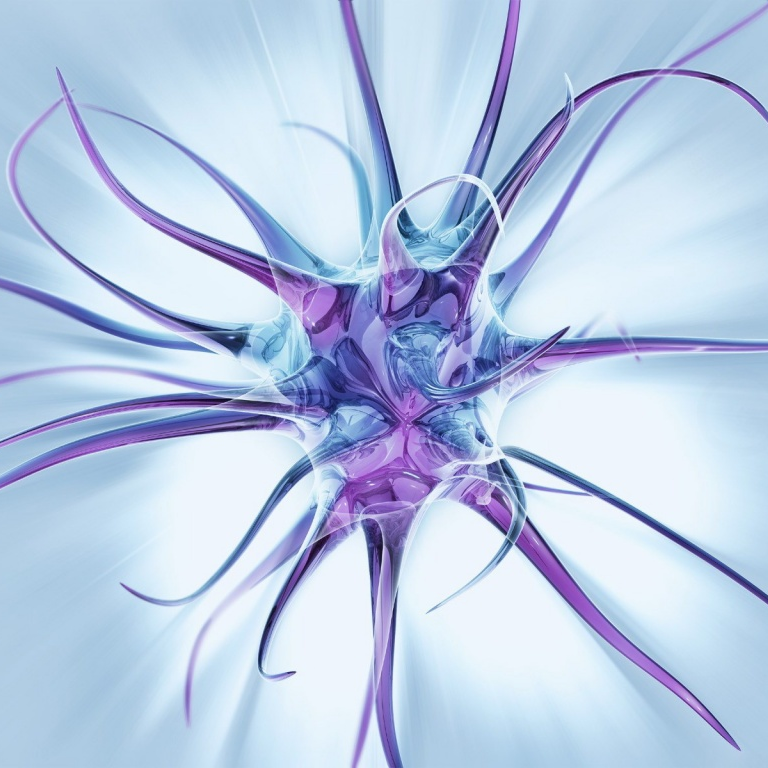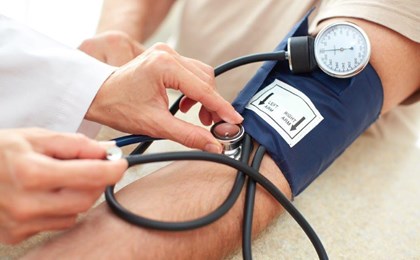Belfast: 028 9066 7878
Kingsbridge Help & Support
A credit or debit card is necessary to secure your booking. The card will be saved as your default payment method. You'll receive notifications regarding any outstanding balances. For details on the information we collect and process, while providing your healthcare, please refer to our privacy policy. By using this service, you consent to our privacy policy.
Continue to Kingsbridge BookingKingsbridge Help & Support
For enquires on post operative support, cancellations, test results and payment
Click for HELPSearch
Select Location
Call Us Today
Belfast Hospital
UK 028 90 667 878 ROI 048 90 667 878
North West Hospital
UK 028 7776 3090 ROI 048 7776 3090
Cosmetech At Kingsbridge
NI 028 9042 3200 ROI 048 9042 3200
Sligo Hospital
ROI 071 916 2649
Cross Border Health Team
ROI 048 9068 8858







